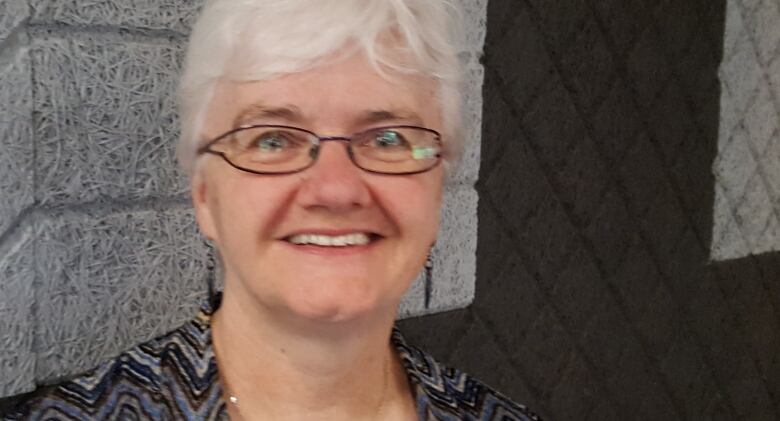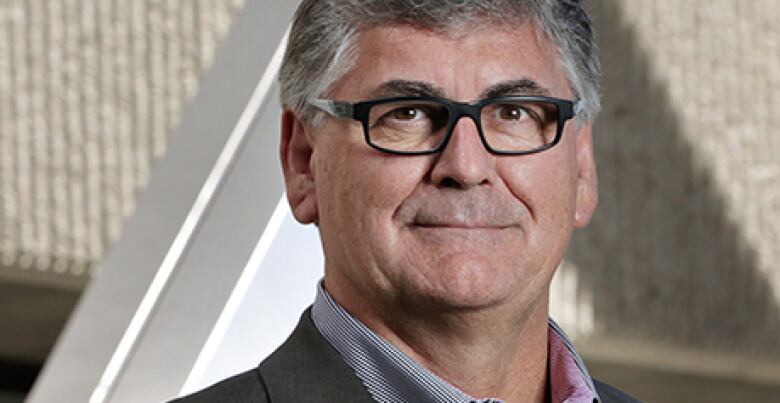Sudbury man was victim of hospital overcrowding, says family
Health Sciences North says it takes overcrowding concerns very seriously

The family of an 88-year-old Sudbury man who died on Sunday says he's the latest victim of overcrowding at Health Sciences North. They say they are disappointed with how his case was handled by both the hospital and the North East Local Health Integration Network.
Urgel Gratton went to the emergency room last May with heart problems, and underwent surgery to receive a pacemaker. His daughter, Lise Charbonneau, says he had been struggling with his health for some time and she asked the doctors for more tests.
- Sudbury hospital to use on-site cancer patient lodging for additional beds from province
- Preparing for patient influx: capacity issues at hospitals expected this winter
"Turns out he had prostate cancer very advanced," Charbonneau says. "So they did the radiation treatment [for] five days and then he was ready to go home."
Charbonneau began looking into long term care options because she knew her 86-year-old mother wouldn't be able to care for him. But he did not qualify for an LTC bed because he was in the hospital.
Hospitals have 'home first' philosophy
Elaine Burr, the patient flow lead for the North East LHIN, explains that hospitals in the region havea "home first" philosophy when it comes to long term care.
"It's not good for clients to make life-changing decisions about going into long term care, you know, when they're in a crisis situation," she says.
"Our goal for all clients in hospital is to get them back to the community and then have them make those decisions, those choices if they feel that it's time for long term care."
Some patients do have to make the decision to go into long term care from an acute hospital setting, Burr notes. But hospitals across the province are trying to enforce the message that they are not the ideal place to wait for an LTC bed.
"People ...tend to have loss of mobility and they can be incontinent. There's more chance of acquiring infections," says Burr.
"An acute hospital environment is not home, and there's no social programming."

Home care not sufficient, daughter says
Charbonneau says she wanted her father to stay in the hospital while he waited for an LTC bed, but he was ultimately sent to the Walford retirement home in Sudbury.
HSN Chief Operating Officer Joe Pilon says doctors often have conversations with LHIN staff to determine where patients can be placed, and if LTC is the right option.
"I cansay with confidence that our physicians are not discharging patients into the community that they don't believe can be safely cared for in the community," Pilon said.
But Charbonneau says her father wasn't getting the level of care he needed from the home care staff that were hired to look after him at the retirement home.
"They decided not to show up a couple of times," she says. "When my sister walked in one day, he hadn't had breakfast, he hadn't had a bath. He was still in bed."
On Thanksgiving weekend, Charbonneau says the retirement home called after he fell off his bed and informed her that they were sending him to the hospital. The family later found out that he had contracted pneumonia and a blood infection.

Patient stories 'are very concerning'
Throughout her father's time at HSN, Charbonneau says it felt like the hospital just wanted to rush them out to free up a bed.
It's a concern that the hospital takes very seriously, according to Pilon.
"With patients in hallways, with patients in lounges, with patients in TV rooms, I can appreciate why people would have that concern," he says.
"These stories are very concerning. They're a symptom of a system that hasn't addressed the health care needs of our population, particularly here in the north east, where we have higher levels of elderly patients."
Charbonneau says she felt like there was a lack of communication between the hospital administration, the LHIN and the doctors. She wants more education for families who are struggling to navigate the healthcare system while caring for a sick relative.
"I'm disappointed in the whole system," she says. "I think it's more numbers, money, the administration. And a person like me, who's not educated enough ... to know the system, I didn't have a rule book to play by."












_(720p).jpg)


 OFFICIAL HD MUSIC VIDEO.jpg)
.jpg)



























































































